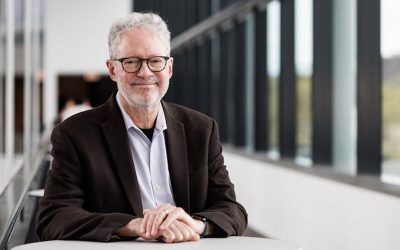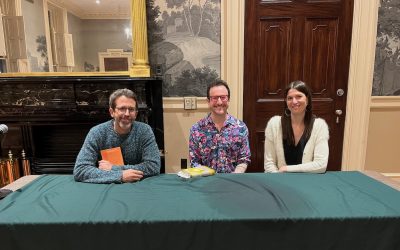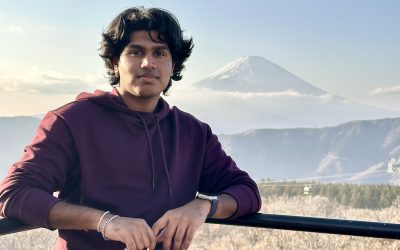A virtual event hosted by Drew’s Religion and Global Health Forum honoring MLK Day
January 2021 – Drew Theological School’s Religion and Global Health Forum hosted “To Vaccinate or Not to Vaccinate,” a virtual event presenting medical and scientific facts to consider regarding the COVID-19 vaccines.
Enlarge

The event was presented as part of Drew University’s annual Day of Service celebrating the Rev. Dr. Martin Luther King Jr. and his legacy, honoring his ethical call to address healthcare disparities. “The issues of healthcare are fundamental to what it means to be human,” said Kenneth Ngwa, director of the Religion and Global Health Forum and associate professor of Hebrew bible. “Healthcare equality was a priority to Dr. King.”
The event featured expert guest speakers including the Rev. Lydell Lettsome, MD, general surgeon at Tri State Bariatrics in Middletown, NY and associate minister of Emmanuel Baptist Church; Lilly Immergluck, MD, MS, FAAP, Morehouse School of Medicine in Atlanta, GA and Nashon Hornsby, JD, LLM, assistant commissioner at the NJ Division of Community Health. The group explored the combination of the humanity of healthcare and the science of medicine behind the vaccination process.
“Vaccines don’t save lives, vaccinations do.”
The COVID-19 vaccines available now to the public have been and continue to be tested in ongoing rigorous clinical trials. Immergluck, who is a principal investigator for a trial site at Morehouse School of Medicine, stated that the ultimate goal of these trials is “to do no harm” with the integrity to “have a safe and effective medical counter-measure to prevent COVID-19, which will enable us to save lives.”
Enlarge
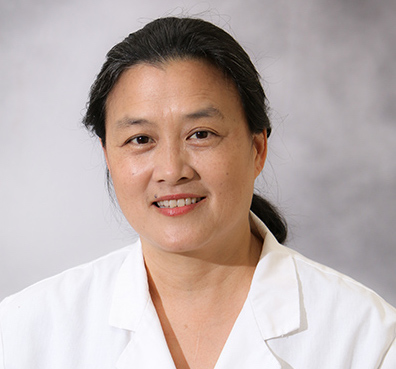
The COVID-19 vaccines are created to control the spread and reduce mortality rate. This will lead to improved public safety, reduced hospitalizations and ICU admissions and lessen the impact on our healthcare system.
Lettsome explained that the vaccines do not kill a virus, instead they help our bodies locate and attack virus cells if exposed. This fact helps explain vaccine reactions, “Vaccines want your body to develop a response. The vaccine gives our immune system an appropriate bump to be able to fight against the virus.”
The ultimate goal of the COVID-19 vaccines is to create herd immunity, with future eradication of the virus. According to Lettsome, it’s possible we may start to some effects of herd immunity by July 2021. “This will require patience, said Lettsome. “Success will take time and teamwork.”
The long-term effects of the available vaccines are unknown. “What we do know is that the vaccines provide good short-term protection from the virus,” said Lettsome. The vaccines currently available do not contain the live virus, do not have a high allergenic profile and have a very low fatality rate. Pregnant and breastfeeding candidates are eligible to take the vaccine, however children under the age of 16 or 18, depending upon the vaccine supplier, are not recommended vaccine candidates.
Enlarge
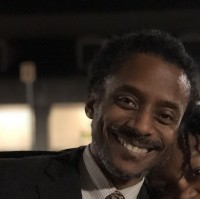
The group concurred that the vaccines are not cures, and prevention measures including social distancing, use of masks and proper hygiene remain critically important. “Vaccines don’t save lives, vaccinations do,” said Immergluck. It’s important to acknowledge and manage biases surrounding the vaccine, ask questions and demand honest answers—education is key in making an informed decision.
Hornsby recognized the disparity in COVID-19 transmission, hospitalizations and death rates among racial and ethnic minority groups in NJ, asking those that are pastors in the audience to use their trusted voices to spread truth regarding the vaccine. “We must base our discussion on what is fact,” said Hornsby in regards to virus transmission and vaccinations.
